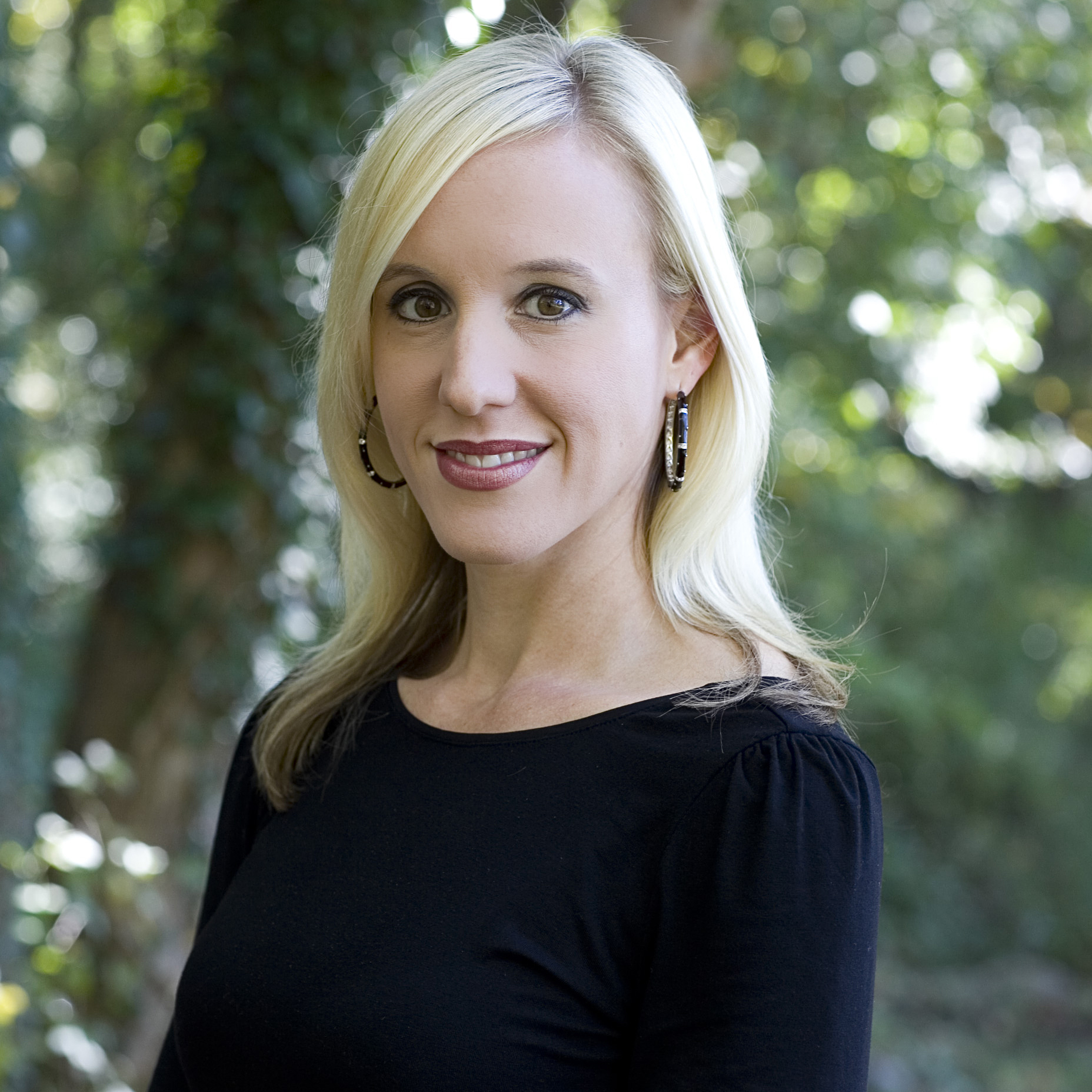Erika Robuck talks Hawthorne, Historical Fiction and Inspiration

Erika Robuck is a book blogger, voracious reader and the critically acclaimed author of “Hemingway’s Girl,” “Fallen Beauty” and “Call Me Zelda.” Her newest book, “The House of Hawthorne,” is a beautiful novel about the unlikely marriage between celebrated novelist Nathaniel Hawthorne and invalid artist Sophia Peabody.
 I read Erika’s previous book, “Fallen Beauty,” when she appeared at the Gaithersburg Book Festival in 2014. I wasn’t an avid reader of historical fiction at that time. In fact, at that point my foray into historical fiction numbered two: “The Paris Wife” by Paula McLain, a book I discovered thanks to an excerpt in Good Housekeeping and McLain’s appearance at the Gaithersburg Book Festival in 2011, and “The Baker’s Daughter” by Sarah McCoy, another Gaithersburg Book Festival attendee. What brought me to Erika’s first book was my investment in reading as many GBF authors as I could and my fascination with the stories of other writers. I quickly became an Erika fan… maybe we should coin our own term. Buckites, perhaps? Regardless, I eagerly awaited her newest book, “The House of Hawthorne,” and I wasn’t disappointed. (I got access to an early copy of her book thanks to my work with the festival.) Below, is a Q&A with Erika. You should read it. You should read her prior books. But most of all, you should come hear her speak on May 16.
I read Erika’s previous book, “Fallen Beauty,” when she appeared at the Gaithersburg Book Festival in 2014. I wasn’t an avid reader of historical fiction at that time. In fact, at that point my foray into historical fiction numbered two: “The Paris Wife” by Paula McLain, a book I discovered thanks to an excerpt in Good Housekeeping and McLain’s appearance at the Gaithersburg Book Festival in 2011, and “The Baker’s Daughter” by Sarah McCoy, another Gaithersburg Book Festival attendee. What brought me to Erika’s first book was my investment in reading as many GBF authors as I could and my fascination with the stories of other writers. I quickly became an Erika fan… maybe we should coin our own term. Buckites, perhaps? Regardless, I eagerly awaited her newest book, “The House of Hawthorne,” and I wasn’t disappointed. (I got access to an early copy of her book thanks to my work with the festival.) Below, is a Q&A with Erika. You should read it. You should read her prior books. But most of all, you should come hear her speak on May 16.
How did you discover the “character” of Sophia Hawthorne?
Sophia caught my attention when I saw her poetic etchings from her diamond ring on the window at the Old Manse in Concord, Mass. Her creativity, love of her daughter and playful character came through in the charming vandalization in which she wrote: “Una Hawthorne stood in this window sill January 22d, 1845, while the trees were all glass chandeliers.”
What made you want to tell her story?
In previous works, I have employed a fictional character to tell the story of the authors about which I write. I was looking for this perfect character to juxtapose with the Hawthornes, but while reading Sophia’s 700-page maiden journal at the Library of Congress, I felt that she strongly wanted to be given a voice. I believe that Sophia’s creative endeavors and fascinating personal story deserve prominent focus.
Have you always been a reader of historical fiction?
I’ve always read widely and compulsively, but my intense interest in historical fiction came after reading Tracy Chevalier’s “Girl with a Pearl Earring.” I was fascinated by the way she wove in the fictional woman in the picture, and how much I learned about history through story. My interest became obsession when I read Toni Morrison’s “Beloved.” I had never experienced such a strong emotional response to a novel. What Morrison did for me with that book educated and moved me about the life and humanity of slaves far beyond what any textbook had done.
If someone who isn’t interested in historical fiction asked you to recommend a book in this genre to him/her, other than your own books, what one or two books would you recommend?
I would recommend Anthony Doerr’s “All the Light We Cannot See,” Sue Monk Kidd’s “The Invention of Wings,” and Ernest Gaines’s “A Lesson Before Dying.” (Oops, was I only supposed to recommend two?) All transcend genre, race, gender, and every other division, to embody human stories that deeply move the reader.
What books are on your current “to read” list?
I’m waiting impatiently to get to Sara Gruen’s “At the Water’s Edge,” Erik Larson’s “Dead Wake” and Toni Morrison’s “God Help the Child.”


